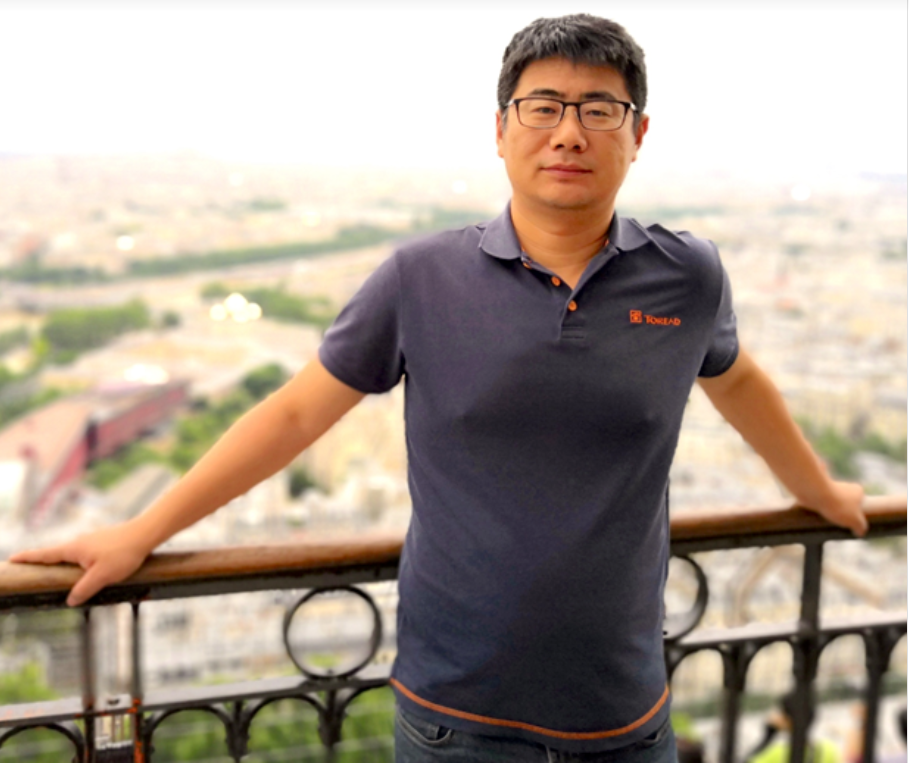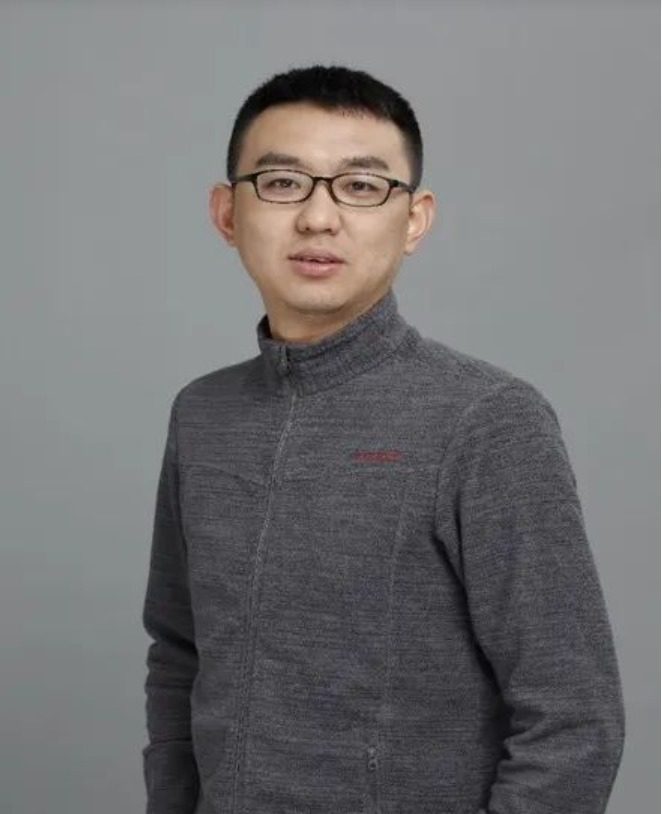Intelligent Computational Communication
Release Date: 2024-01-18Views:
Intelligent Computational Communication
Intelligent communication refers to a new type of communication method that applies artificial intelligence technology with self-learning ability to information production and circulation. Artificial intelligence technologies such as social robots, algorithms, digital virtual humans, and deep forgery have been widely applied in information dissemination. The research on intelligent communication focuses on the new phenomena and problems caused by artificial intelligence technology in the process of information dissemination.
Computational communication is based on rich data on human communication behavior, and collecting and analyzing this data has become the main task of computational communication. The main idea of computational communication studies is to build a computable framework for the entire information dissemination process based on computational social sciences.
Intelligent Computational Communication is in line with the Ministry of Education's "New Liberal Arts" policy The emerging interdisciplinary direction of building guiding ideology is also one of the characteristic key directions for the development of disciplines in the School of Journalism and Communication of Beijing Normal University. The Intelligent Computational Communication Direction Team of Beijing Normal University relies on the School of Journalism and Communication of Beijing Normal University, the Computational Communication Research Center of Beijing Normal University, and the New Media Communication Research Center of Beijing Normal University, mainly focusing on network new media research and communication effect testing from a data perspective Quantity, international communication, health communication, virtual reality, etc. Under the leadership of Professor Hongzhong Zhang, the team includes Professor Ye Wu, Professor Xiao-ke Xu, Professor Yong Min, Associate Professor Qian Liu, Lecturer Yicheng Zhu, and Lecturer Qian Li. Interested teachers are welcome to join our team, which recruits postdoctoral fellows year-round. At the same time, students are welcome to apply for the team's master's and doctoral programs.
Teacher's introduction

Hongzhong Zhang,Professor and Doctoral Supervisor at the School of Journalism and Communication, Beijing Normal University, and the director of the New Media Communication Research Center at Beijing Normal University.
Research focuses on intelligent communication, measurement of communication effectiveness, and media credibility. Pay special attention to the impact of artificial intelligence technologies such as social robots and deepfake on social networks and public opinion in the cyberspace.
Published 7 books, edited 3 books, edited 5 books, and participated in 8 academic writing chapters; Published over 140 Chinese and English papers in various fields such as CSSCI, SSCI, and SCI, and completed more than 50 research projects in various fields such as the National Natural Science Foundation, National Social Science Foundation, Ministry of Propaganda, Cyberspace Administration, and Ministry of Foreign Affairs.

Ye Wu,Ph.D. in Physics from the University of Potsdam in Germany, Professor and Doctoral Supervisor at the School of Journalism and Communication/Center for Computational Communication Studies at Beijing Normal University, and Member of the Education Guidance Committee for Journalism and Communication in Guangdong Province.
Research direction: Computational Communication Studies, mainly engaged in research on the intersection of Communication Studies and Physics.
Hosted 2 General Funds of the National Natural Science Foundation of China, 1 Youth Fund, and 1 Key Project of the Beijing Social Science Foundation. Published over 80 SCI/SSCI/CSSCI academic papers, including internationally renowned journals such as Science, PNAS, Public Understanding of Science, Chaos, as well as domestic renowned journals such as Journalism and Communication Research, International Journalism, Journalism University, and Journal of Physics. Leading student teams to collaborate with Shanghai Learning Platform, CCTV, China Science Daily and other data news platforms to guide student teams in winning first and second prizes in previous national data news competitions. In 2020, he was approved as a young innovative talent in the national broadcasting, television, and online audiovisual industries, and as a young academic leader of the Beijing Social Science Fund.

Xiao-ke Xu,Professor at the School of Journalism and Communication/Center for Computational Communication Studies, Beijing Normal University.
Mainly engaged in research work that combines network science and communication studies, with main research directions including social robots, computational communication, social computing, etc.
Have led four projects funded by the National Natural Science Foundation and Tencent Rhinoceros Bird Research Fund, and have published over a hundred academic papers in well-known journals such as Science, Nature Human Behaviors, PNAS, and Nature Communications. Have cited 2200 SCI citations and achieved an H-index of 21. He has successively published textbooks such as "Computational Communication on Social Networks" and "Introduction to Computational Communication", as well as his personal academic monograph "Network Zero Model Construction and Applications". He has received funding from the National Science and Technology Academic Works Publishing Fund. Personal academic website : http://www.xiaokexu.com/

Yong Min, Ph.D. from Zhejiang University, School of Journalism and Communication at Beijing Normal University, Research Center for Computational Communication at Zhuhai Campus, Professor, Doctoral Supervisor, Director of Future Internet Research Center at Zhejiang University of Technology Network Space Security Research Institute in Binjiang District, Hangzhou, and Member of the Professional Committee of Social Accounting and Social Intelligence of the Chinese Artificial Intelligence Society.
Research focuses on computational communication and social network analysis.
Published over 50 academic papers in high-level domestic and international journals such as Nature Communication, Nature Climate Change, Physical Review, and Journalism University. Have undertaken and participated in more than 10 vertical research projects such as the National Natural Science Foundation of China, as well as multiple classified projects. Have long been responsible for the continuous research and development of a national information security special project. Personal academic website: http://www.socialbot.top/ This includes open news data maintained by our team and open-source software information for social robots.

Qian Liu, Associate Professor at the School of Journalism and Communication at Beijing Normal University, and Researcher at the Technology and Social Behavior Laboratory (TSB Lab) at the University of Illinois at Urbana Champaign (UIUC) in the United States. In 2017, she obtained a PhD in Communication Philosophy from City University of Hong Kong, and in 2011, she obtained a Bachelor's degree in Journalism from Tsinghua University.
Research focuses on human-computer interaction, virtual reality, intelligent communication, and more. Recent research topics include the dissemination effects of virtual reality technology, HAII (Human AI Interaction), recommendation algorithms, and information cocoons.
In the past five years, she have published over 20 academic papers as the first author or corresponding author on the above-mentioned topics in international SSCI/domestic CSSCI journals and domestic and foreign academic conferences, including Cyberpsychology, Behavior and Social Networking, Behavior&Information Technology, Education and Information Technologies and other internationally renowned journals, as well as well-known domestic journals such as Journalism University, Contemporary Communication, and News and Writing. Published four academic works. Hosted and participated in several national, provincial, and horizontal projects.

Yicheng Zhu, Ph.D. in Communication from the University of South Carolina in the United States, lecturer at the School of Journalism and Communication at Beijing Normal University, and executive member of the Network Communication Branch of the Chinese Journalism History Society.
Research focuses on new media effects in the field of intelligent communication, international public relations, and cross-border communication.
Hosted a project of the Beijing Social Science Fund. As the first author, He have published over 20 academic papers in SSCI, CSSCI indexed journals, and domestic and foreign academic conferences, including internationally renowned journals such as International Communication Gazette, Mass Communication&Society, and Social Media+Society. He have won the Best Paper Award from the 2019 American Society for Journalism and Communication Education, the 2018 International Society for Communication, and the 2017 American Broadcasting Education Association's International Communication Branch.

Qian Li,Lecturer at the School of Journalism and Communication, Beijing Normal University. Obtained a bachelor's degree from the Department of Electronic Information Science and Engineering at Nankai University, and a dual master's degree from the Department of Language and Information Engineering at Peking University and the Department of Communication at the University of Twente in the Netherlands. She also obtained a doctoral degree in Technical Communication from the University of Twente in the Netherlands.
Research focuses on human-computer interaction (usability and user experience) and cross-cultural communication in the field of intelligent communication.
Her courses offered are: "Application of Digital Media Technology", "Media User Analysis", "Cross cultural and International Communication", etc. Published over 20 academic papers as the first author in SSCI, CSSCI indexed journals, and domestic and international academic conferences, including IEEE Transactions on Professional Communication, Journal of Business and Technical Communication, Education and Information Technologies, and other internationally renowned journals.




 京ICP备13009620号
京ICP备13009620号